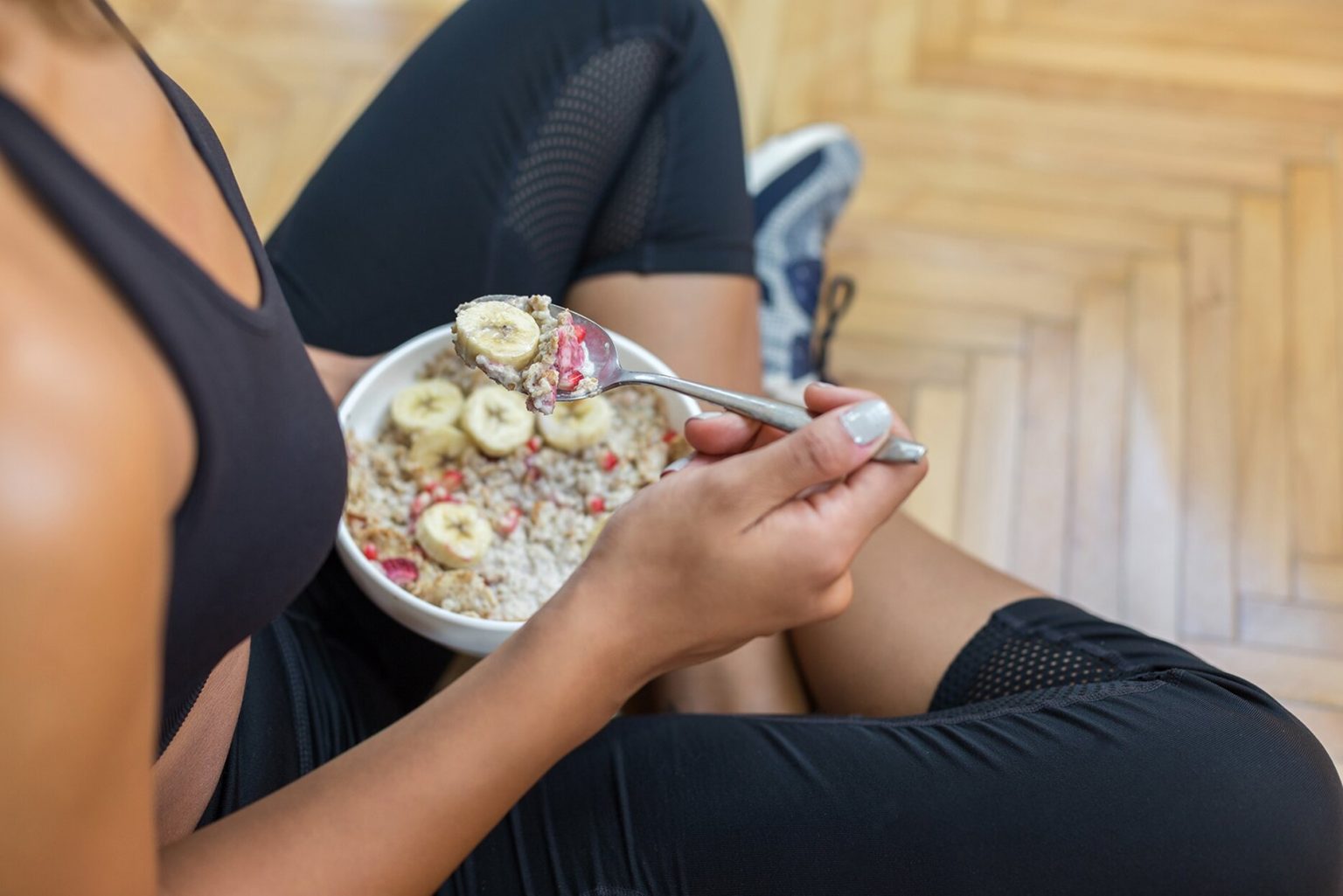How Long After Eating to Run
(Image/ Source: rockay.com)
It’s a question that runners across the world have probably asked themselves at some point- how long should you wait after eating before you go for a run?
While it’s super important to know how much you should eat before running, it’s also crucial to have an understanding about how long you should wait to run after your meals.
So how long after eating to run is best?
How long after eating to run
Striking that perfect balance is key to a great workout, but its different for absolutely everyone.
That being said, there are a few helpful things to bear in mind when planning your meals around your exercise.
The general rule of thumb is if you’ve had a big meal, you ideally need to wait 3-4 hours before running- preferably 4 if possible. If you’ve had a small meal, you should be waiting around 2 hours. As for a small snack, waiting a minimum of 30 minutes should be fine.
(Image/ Source: runnersworld.com)
How to stop a puppy from barking
But what do we actually define as a ‘large meal’?
Runner’s world says that a large meal is anything that contains more than 600 calories with several ounces of protein or meat, carbohydrates, and some fat, like your typical lunch or a large breakfast. If you eat a meal like this, you need to wait to run for 3-4 hours to give your body time to digest.
Running after eating
If you plan to eat before a run, try and suss out how much food your body can comfortably process before you exercise. It can sometimes take time to experiment with this, but avoid eating enormous plates of food whatever you do!
When we have a full stomach, running can be difficult or uncomfortable– simply because our bodies aren’t designed for digestion and exercise at the same time.
Stomach cramps, stomach aches, or GI distress are the most common complaints when trying to run on a full stomach.
Our digestive systems need a surprising amount of energy; this energy is used to direct more of your body’s blood flow to the stomach and other relevant internal organs. Because your digestion process takes up so much of your body’s blood flow, it means that your large muscle groups end up receiving less blood than they normally do. This is why we sometimes feel sleepy after a big meal.
Your large muscle groups, like your legs and your arms, then don’t have the blood flow you need for a run after eating a large meal. You can try, but it’s fairly unlikely you’ll be hitting any personal bests with your running time!
(Image/ Source: verywellfit.com)
Piers Morgan Wife: Who is the former Good Morning Britain host married to?
For newer runners, try not to eat within an hour of working out, as you won’t be as familiar with how your body responds at this stage. You don’t want to be that runner that ends up throwing up halfway through their workout (and yes- we’re speaking from experience here!).
For seasoned runners- you’ll tend to know how your body works best by now, and you’ll know what to eat, and when, to maximise your workout.
(Image/ Source: healthline.com)
Dermot O’Leary Wife: who is his partner Dee Koppang?
When it comes to pre-run food choices, try and go for something light and easily digestible that your body’s familiar with, like a banana with some peanut butter, or even some granola. Make sure you avoid foods that are acidic or dairy-based, as they’re more likely to upset your stomach if they’re swilling around during your run.
A lot of this will be trial and error, but once you get settled into a solid workout routine, you’ll soon be able to work out how long to wait after eating before you go for a run, and which foods are best for your routine.
We hope that you find this guide helpful!
